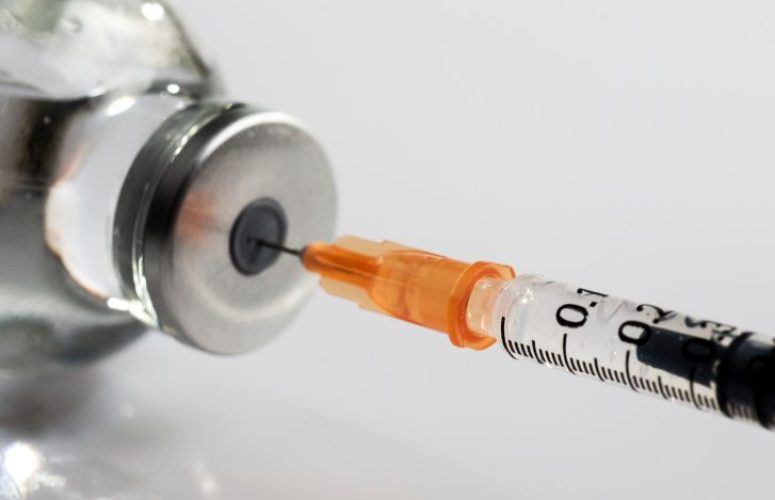
Starting April 19, NJ Residents 16 and Older Eligible for Vaccine
By Anthony Birritteri, Editor-in-Chief On Apr 5, 2021Gov. Phil Murphy announced today that on April 19, all New Jerseyans ages 16 and older will be eligible for a COVID vaccine. This is 12 days ahead of Murphy’s initial target of May 1.
“Given the trajectory we are on, we believe this is the right time to put our program into higher gear,” the governor said at today’s COVID-19 press briefing.
It was also announced that the state’s Department of Health is updating its travel and quarantine guidelines to reflect new Centers for Disease Control and Prevention (CDC) recommendations. The state is no longer advising fully vaccinated individuals who travel domestically to self quarantine after their trip or to get tested before or after travel. However, the federal requirement for testing upon returning to the US following international travel still stands.
The governor also announced a new live vaccine tracker found on the state’s COVID-19 information hub: covid19.nj.gov/vaccine. At last look, the tracker was reporting 1,796,798 fully vaccinated residents.
“That is 38% of our goal of 4.7 million vaccinated adults by the end of June,” Murphy said. “We still have roughly 3 million to go to meet our goal.”
He added that 98.7% of all New Jersey residents now live within five miles of a vaccination site. For the state’s densely populated urban centers, Murphy hopes that vaccination centers will be within a 15-minute walk for residents.
As he previously announced on March 26, starting today, the following groups of people have become eligible to receive a vaccine:
* Individuals ages 55-64;
- Individuals ages 16 and up with intellectual and developmental disabilities;
- Educators, including support staff, in higher education settings;
- Communications infrastructure support, including engineers, and technicians, and members of the press;
- Real estate, building, and home service workers, including construction workers, code officials, plumbers, electricians, HVAC technicians, property management, and maintenance workers;
- Retail financial institution workers, including bank tellers, lending services, public accounting, and check-cashing workers;
- Sanitation workers providing disinfection and janitorial services, city sanitation workers; residential, commercial, and industrial solid and hazardous waste removal workers;
- Laundry service workers, including those working in laundromats, laundry services, and dry cleaners;
- Utility workers including, electrical generation and supply system, natural gas delivery, nuclear power plant, water supply, telephone, cable/fiber/optical/broadband/cellular service workers; and,
- Librarians and support staff at municipal, county, and state libraries.
To access more business news, visit NJB News Now.
Related Articles:





